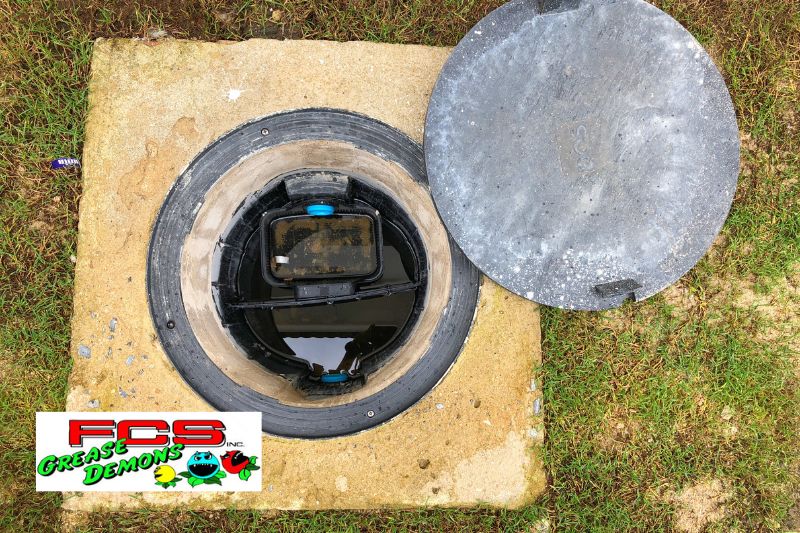Why Regular Grease Trap Maintenance Matters
Grease traps are vital for maintaining the efficiency of commercial kitchens and ensuring compliance with environmental regulations. Selecting the right grease trap cleaning service can save you time, money, and headaches while promoting sustainability. This article will guide you through the key factors to consider when choosing a service provider. Additionally, we’ll explore how used cooking oil is recycled as part of a broader waste management strategy.
Grease traps prevent fats, oils, and grease (FOG) from clogging drainage systems and contaminating water supplies. Neglecting regular maintenance can result in costly repairs, foul odors, and legal penalties. Professional grease trap cleaning services not only keep your kitchen compliant but also contribute to environmental conservation by recycling used cooking oil.
Key Factors to Consider When Choosing a Grease Trap Cleaning Service
1. Experience and Expertise
- Look for companies with proven experience in grease trap cleaning and waste management. An established service provider will understand local regulations and have the expertise to handle your specific needs.
- Ask for references or reviews from other businesses in your industry to gauge reliability and performance.
2. Sustainability Practices
- A responsible grease trap cleaning service should have eco-friendly practices, such as recycling used cooking oil.
- Inquire about how they dispose of FOG waste and whether they partner with recycling facilities to repurpose oil into biodiesel or other sustainable products.
3. Compliance with Regulations
- Ensure the company adheres to local environmental and health regulations for grease disposal and cleaning practices.
- Verify their licensing and certifications to confirm they meet industry standards.
4. Service Availability and Scheduling
- Choose a service provider that offers flexible scheduling to minimize disruption to your business operations.
- Emergency services are a bonus for unexpected blockages or spills.
5. Cost Transparency
- Obtain a detailed quote outlining the costs for regular maintenance, emergency services, and any additional fees.
- Compare prices among reputable providers to ensure you’re getting the best value.
6. Equipment and Technology
- Modern grease trap cleaning services use advanced equipment to thoroughly clean traps and prevent buildup.
- Check if the company employs automated systems or specialized tools for efficient and effective cleaning.
The Role of Used Cooking Oil Recycling in Sustainability
One of the most impactful ways grease trap cleaning services contribute to sustainability is through recycling used cooking oil. Here’s how the process works:
- Collection:
- After cleaning your grease traps, the service provider collects used cooking oil for recycling.
- Processing:
- The oil undergoes filtration to remove food particles and impurities.
- It is then refined and converted into products like biodiesel, animal feed, or industrial lubricants.
- Environmental Benefits:
- Recycling used cooking oil reduces landfill waste and minimizes the environmental footprint of commercial kitchens.
- It also provides a renewable energy source, supporting a circular economy.
By partnering with a grease trap cleaning service that prioritizes recycling, you not only maintain compliance but also contribute to a more sustainable future.
Contact FCS, Inc for Cooking Oil Recycling in Florida
Choosing the right grease trap cleaning service is critical for maintaining your kitchen’s efficiency, compliance, and environmental responsibility. Focus on providers with experience, transparency, and a commitment to sustainability, including recycling used cooking oil. A well-maintained grease trap ensures smoother operations and supports eco-friendly waste management practices.
Contact FCS, Inc for Cooking Oil Recycling in Florida

